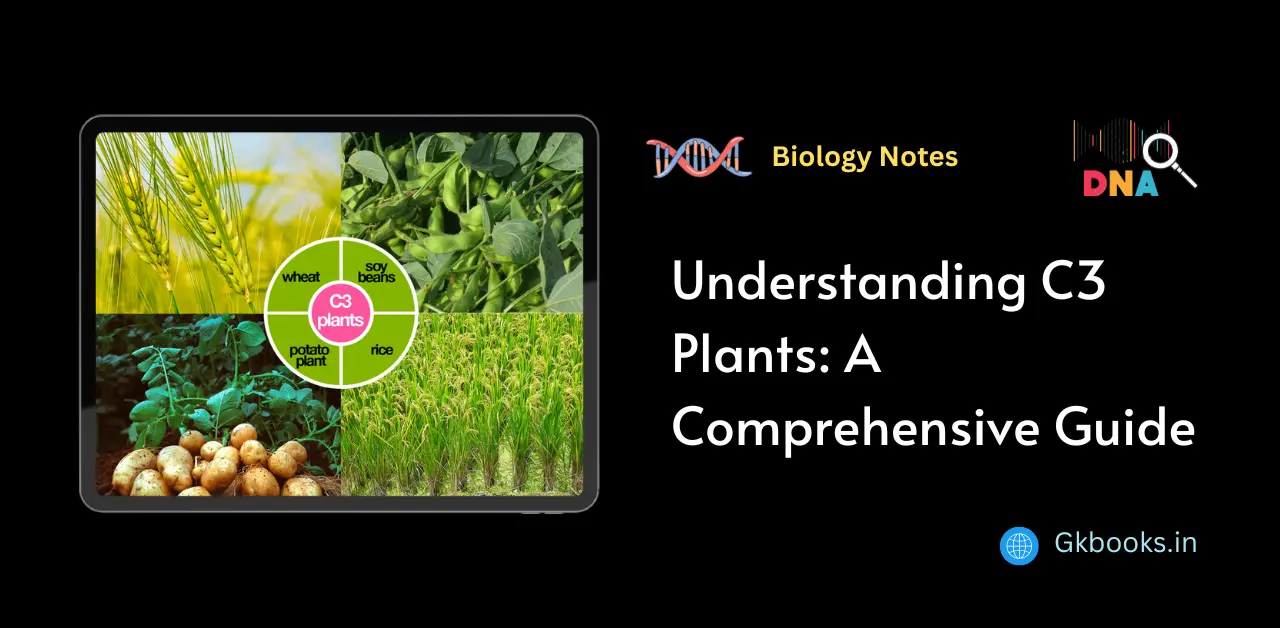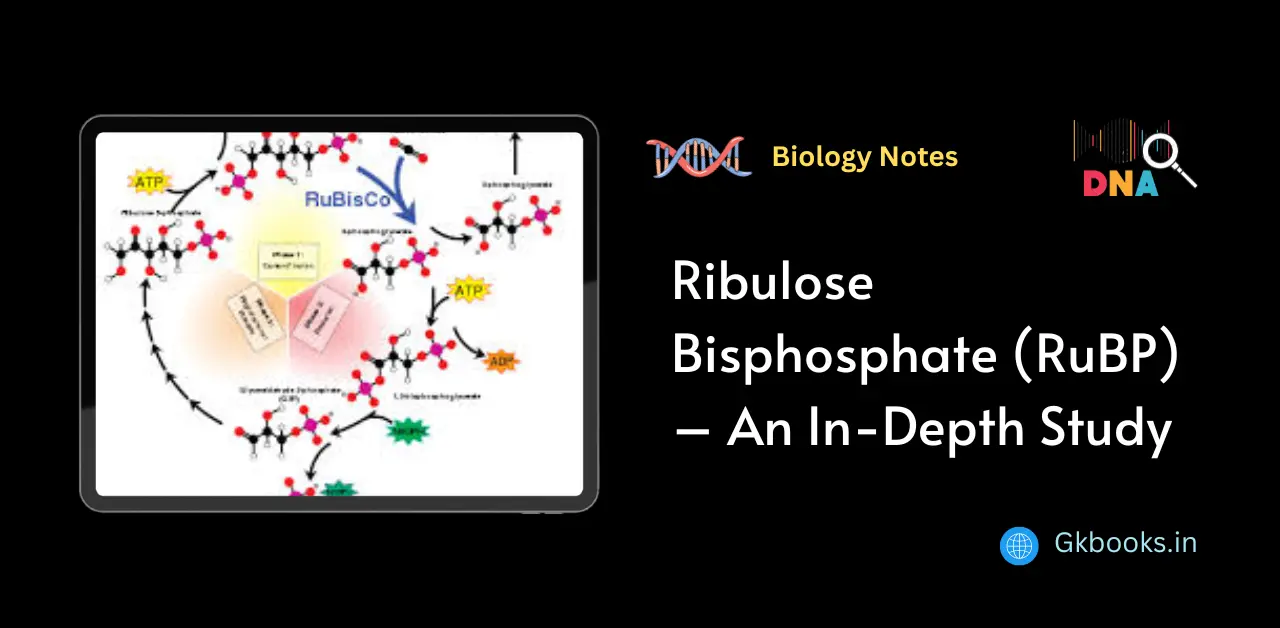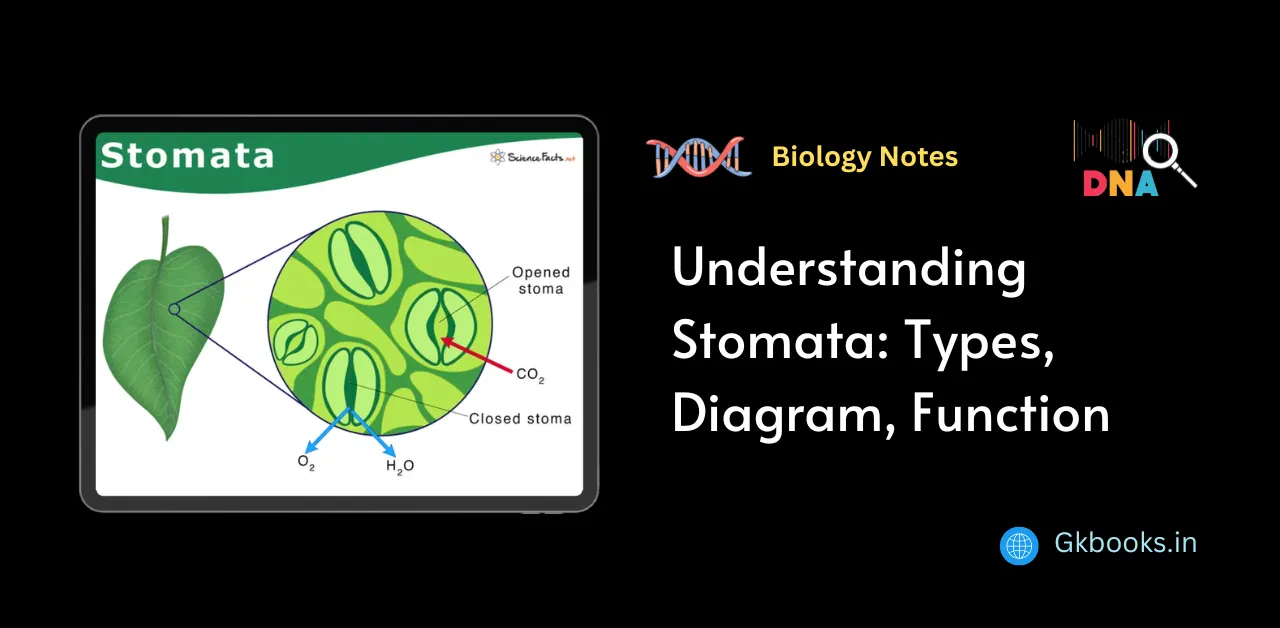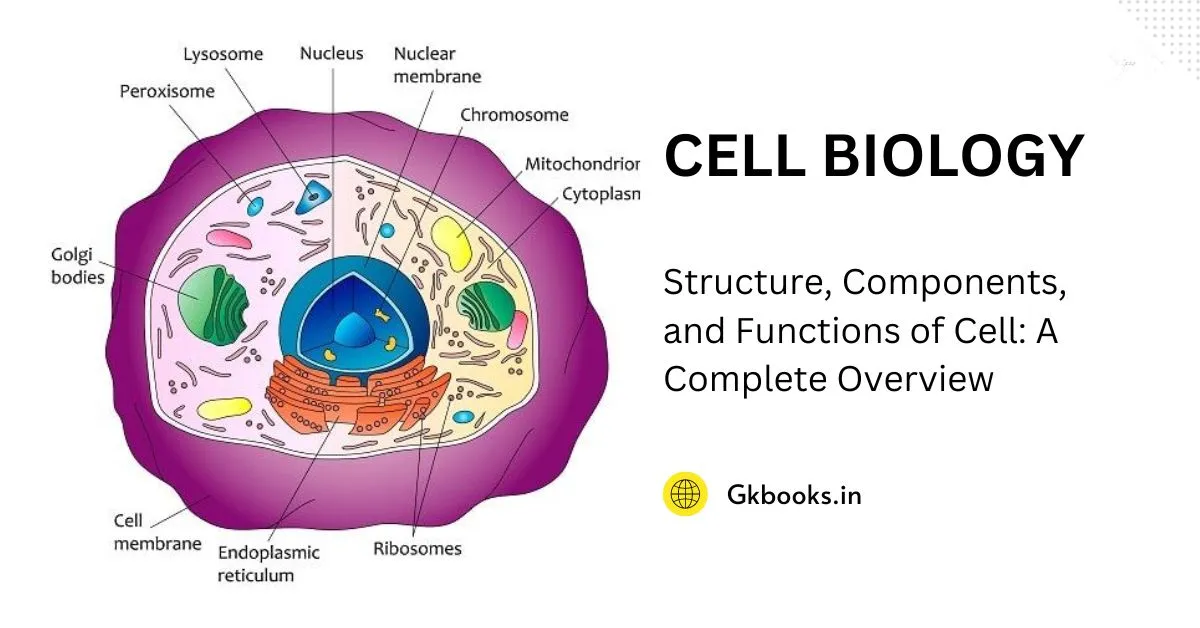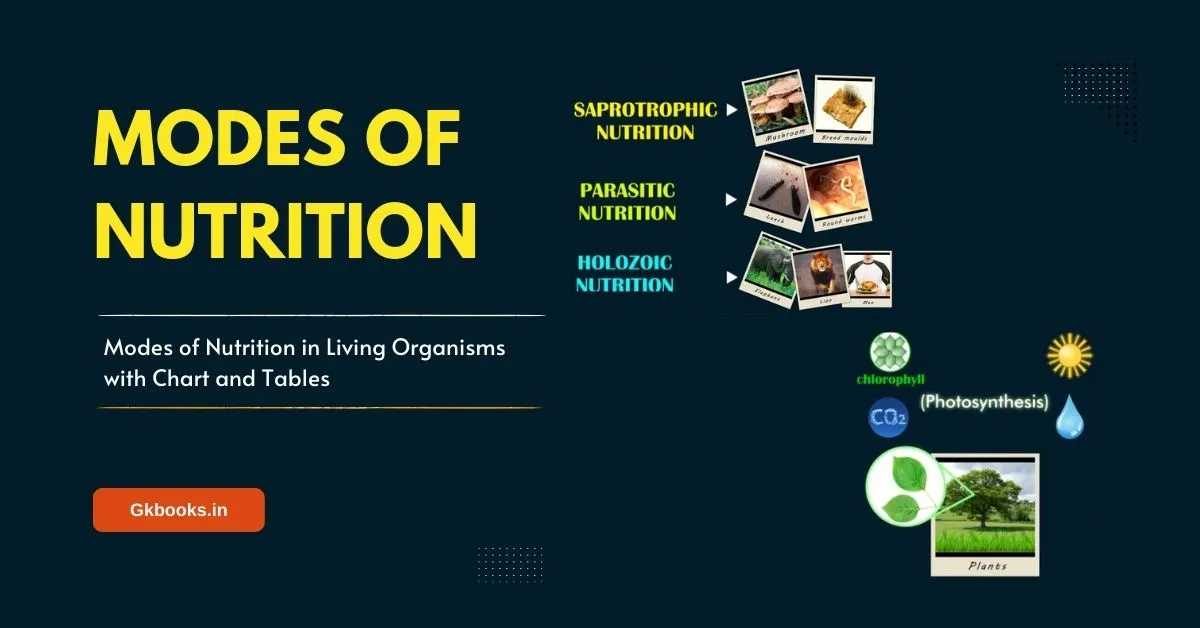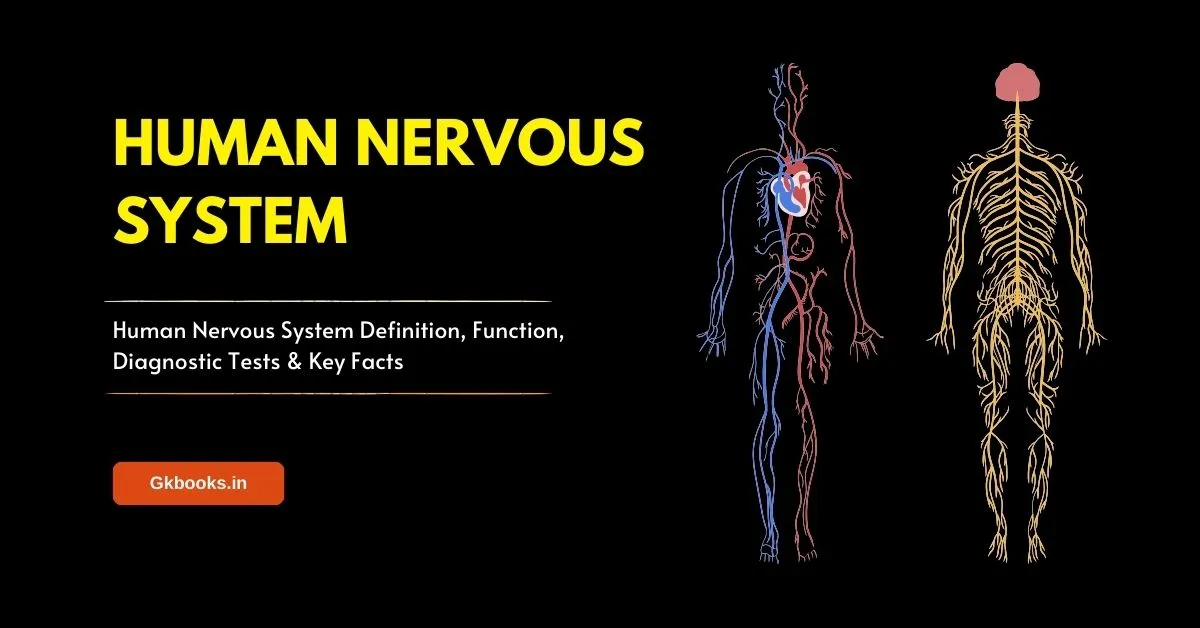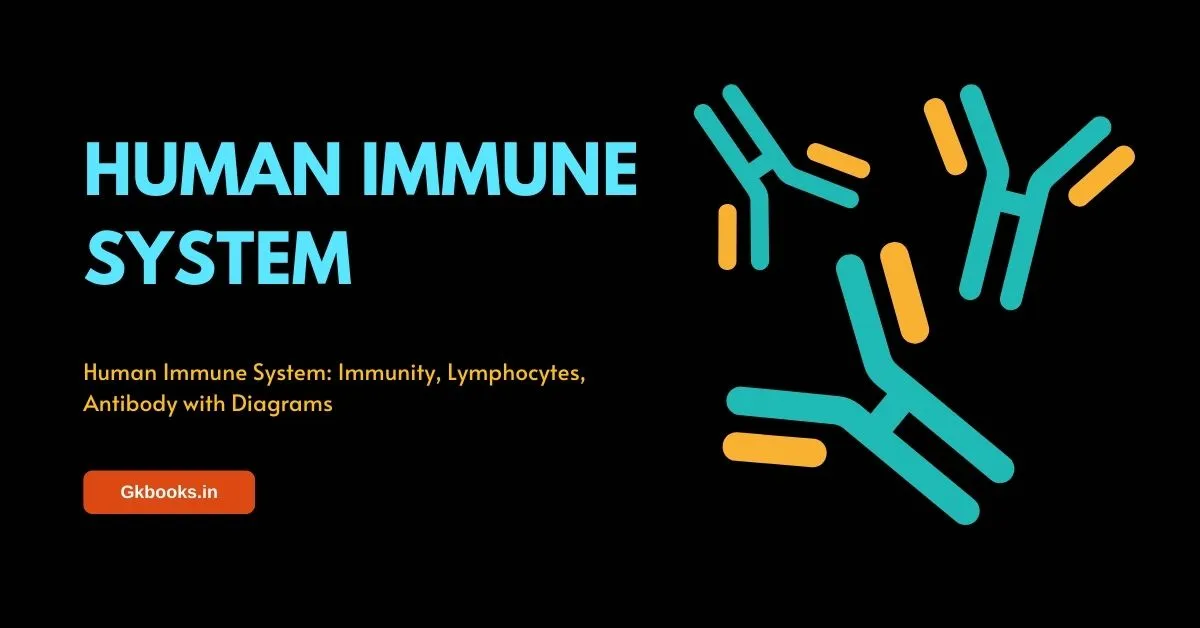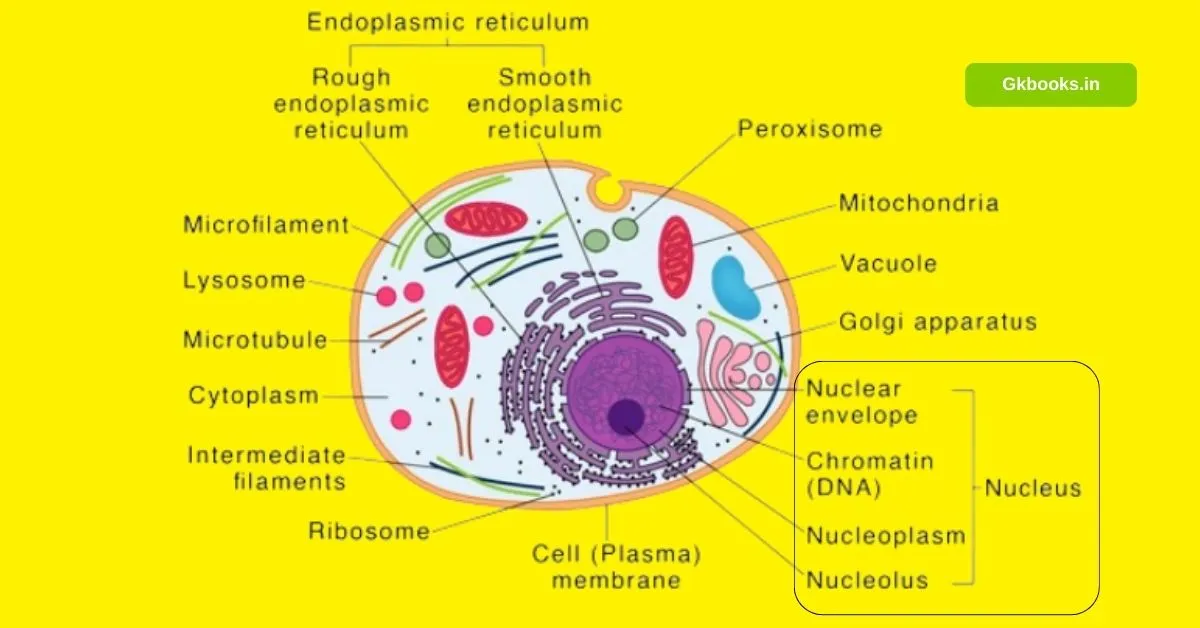Understanding C3 Plants: A Comprehensive Guide
Ever wondered how plants manage to convert sunlight into the food we eat? The magic lies in photosynthesis, a process that different plants perform in unique ways. In this article, we’ll dive deep into the world of C3 plants, understanding their significance, how they work, and why they matter. Understanding Photosynthesis Basics of Photosynthesis Photosynthesis … Read more

